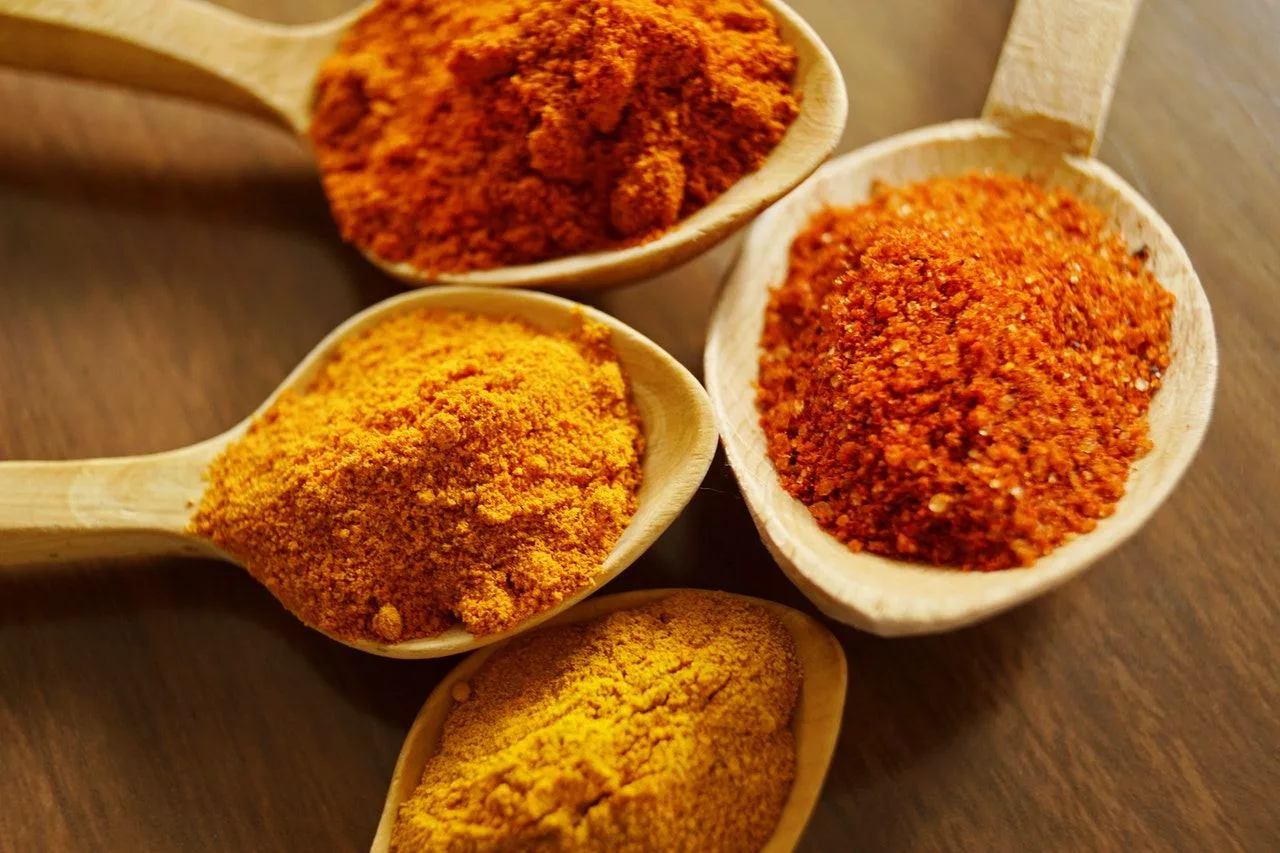Turmeric is a herbaceous spice derived from the turmeric plant. Curcumin is this spice’s greatest asset. As with ginger, it has been linked to many health practices. Numerous studies have been performed to demonstrate its therapeutic effects in the treatment of digestive problems.
So, what’s the harm in consuming it on a regular basis to reap the benefits? Here are 5 ways to take turmeric and include it in your daily routine. Longevity Live Paid Partner

Photo by Mathilde Langevin on Unsplash
1. Turmeric As A Supplement
While you can access turmeric as a root or spice blend, turmeric supplements are an excellent and simple way to get a concentrated dose of curcumin along with other curcuminoids.
Also, the extracts used in making turmeric tablets are less likely to be contaminated by other substances like heavy metals.
When choosing turmeric supplements, opt for the ones that include black pepper in their composition. That’s because piperine, a compound found in black pepper, has been demonstrated to boost curcumin absorption.
2. Turmeric In Tea Or Milk
The best times to consume any herbal tea are in the morning on an empty stomach or at night, just before going to bed.
You can choose to add 1 teaspoon of turmeric powder to your herbal tea or opt for 5 grams of fresh turmeric rhizome. However, ensure that the rhizome is boiled in water for a minimum of five minutes before serving.
3. Turmeric In Milk – The Golden Milk
Another way to consume turmeric is in your milk. To prepare this, simply bring 2 cups of milk to boil then add a teaspoon each of powdered turmeric and ginger.

Photo by Gabrielle Henderson on Unsplash
Once boiling, turn off the heat and allow cooling for a few minutes. Then add a tablespoon of raw honey and half a teaspoon of nutmeg. If you’ll be having the golden milk before bed, you can add half a teaspoon of cinnamon, nutmeg, and cardamom for a good night’s sleep.
4. Turmeric Oil
For those times when you don’t have access to turmeric powder in the kitchen, you can still gain from the benefits of turmeric by using its oil as a seasoning.
Turmeric oil is simple to make. Simply add 3 teaspoons of turmeric powder to 500 ml of extra virgin olive oil, and let it macerate for a week while stirring it in the jar daily. By the eighth day, strain the mixture into a dark container, being careful not to disturb the turmeric at the bottom. After that, you may use the oil to season salads and cook with it.
5. Turmeric In Food
Turmeric is one of the main ingredients in a curry sauce because of its potent, pungent, and very earthy taste. So if you aren’t ready to commit to a supplement, cooking with the spice is a great way to include it in your daily routine.
Turmeric can be used in soups, scrambled eggs, muffins, roasted veggies, and rice. For instance, cauliflower, potatoes, and other root vegetables go particularly well with turmeric’s spicy, peppery taste.



![women [longevity live]](https://longevitylive.com/wp-content/uploads/2020/01/photo-of-women-walking-down-the-street-1116984-100x100.jpg)










